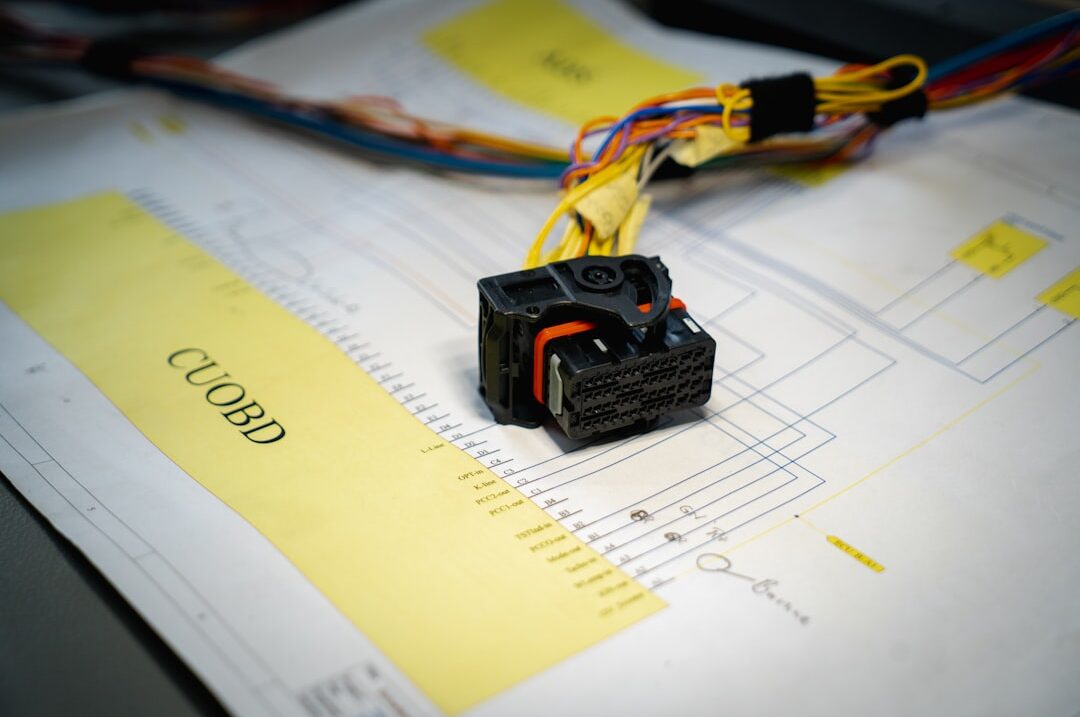Top Electrical Engineer Interview Questions & Winning Answers (2025 Guide)


Ready to Power Up Your Interview Skills?
Practice unlimited electrical engineering interviews and receive instant AI feedback with Huru. Start for FREE now →

Why Preparing for Electrical Engineering Interviews in 2025 Matters More Than Ever ⚡
The landscape for electrical engineering jobs is rapidly evolving. With the rise of smart grids, renewable energy, and AI-driven automation, interviewers expect candidates to possess both deep technical knowledge and agile problem-solving skills.
Companies in 2025 are seeking engineers who can seamlessly integrate technical, behavioral, and software proficiencies. Whether you’re targeting a role in power systems, electronics, or automation, strategic interview preparation will set you apart.
Huru.ai empowers you to master both technical and soft skills, offering unlimited practice with instant feedback tailored for electrical engineering roles.
General Electrical Engineer Interview Questions: Setting the Tone
Interviewers often begin with general questions to assess your motivation, communication, and cultural fit. Here are common openers you should be ready for:
- Why did you choose a career in electrical engineering?
- What excites you most about working in this field?
- Describe a time you worked effectively in a team.
- How do you stay updated with the latest technologies?
- What are your short-term and long-term career goals?
Sample Answer: “I’ve always been fascinated by how electricity powers the world around us. My passion grew during university, especially while working on a solar inverter project that challenged me to balance theory with practical constraints. I thrive in collaborative settings and regularly read IEEE journals to stay ahead.”
For more teamwork-focused interview strategies, check out our Biomedical Engineer Interview Questions.
Core Technical Questions & Sample Answers: Prove Your Fundamentals
Technical depth is crucial. Expect questions that test your command of core principles and real-world troubleshooting. Here are must-know topics:
- Explain Ohm’s Law and its application in circuit analysis.
- What is the difference between AC and DC current?
- Describe how you would analyze a complex RLC circuit.
- How do you determine the efficiency of a power transformer?
- What steps do you take to troubleshoot a failed circuit board?
Model Answer (RLC Circuit):
“To analyze an RLC circuit, I first identify the configuration (series or parallel), then apply Kirchhoff’s laws and Laplace transforms to derive the transfer function. I use simulation tools like LTspice to validate my calculations and visualize transient responses.”
💡 Key Takeaway
Show your process, not just your answer. Walk through diagnostic steps and reference relevant software tools. Practicing on Huru.ai lets you simulate technical interviews and refine your answers with real-time feedback.
Advanced Technical Topics: Stand Out with Specialized Knowledge
To distinguish yourself, be ready for specialized and trending questions. Interviewers are increasingly focusing on:
- Power factor correction and impact on system efficiency
- Designing for electromagnetic compatibility (EMC)
- Grounding strategies in high-voltage installations
- Integrating renewable energy sources (solar, wind) into the grid
- Adhering to electrical safety standards (NEC, IEC)
- Proficiency in automation and control software (AutoCAD Electrical, ETAP, PLC/SCADA)
Sample Q&A:
- Q: How do you mitigate electromagnetic interference in sensitive circuits?
A: “I use PCB layout best practices, including ground planes, trace separation, and shielding. I also perform simulations to identify EMI sources and validate compliance with regulatory standards.” - Q: Give an example of integrating renewables with traditional power systems.
A: “On a recent solar farm project, I designed the inverter grid-tie system, managed load balancing, and programmed remote monitoring using SCADA. This ensured compliance and grid stability.”
For more on high-impact engineering interviews, see our Civil Engineer Interview Questions Guide.
Behavioral & Situational Questions: Prove Your People Power
Top interviewers want to see how you communicate, collaborate, and adapt under pressure. Questions may include:
- Describe a challenging project and how you overcame obstacles.
- How do you communicate complex technical concepts to non-engineers?
- Share a time you had to resolve a conflict within your team.
- How do you handle tight deadlines and prioritize tasks?
- Tell us about mentoring or training junior engineers.
Model Answer (Communication): “I use visual aids and analogies to break down complex ideas. For example, when explaining harmonics in power systems to a client, I compared them to musical overtones, making the concept accessible and memorable.”
💡 Key Takeaway
Employers value engineers who can lead, listen, and collaborate. Practice STAR (Situation, Task, Action, Result) storytelling in your answers. Using Huru.ai can help you simulate real situational interviews with actionable feedback.
Learn more about security-focused interviews in our Security Engineer Interview Questions.
Tips to Power Up Your Electrical Engineer Interview Answers
- Use Real Project Examples: Show how you solved real-world problems, including context, actions, and measurable outcomes.
- Quantify Achievements: Cite percentages, timeframes, or cost savings to demonstrate your impact.
- Demonstrate Lifelong Learning: Share how you keep up with tech trends (e.g., online courses, professional groups, webinars).
- Integrate Soft Skills: Link communication, teamwork, and leadership to your technical contributions.
- Practice Makes Perfect: Use Huru.ai for unlimited, AI-powered mock interviews and get actionable feedback on both answers and body language.
💡 Key Takeaway
Don’t just prepare for technical grilling – be ready to showcase who you are as a professional, a team player, and a lifelong learner. That’s the edge in 2025.
Explore more on technical interviews in our DevOps Engineer Interview Questions.
Resources for Electrical Engineering Interview Success
- Books: Electrical Engineering: Principles and Applications by Allan R. Hambley
- Websites: EEWeb, All About Circuits
- Courses: Coursera Electrical Engineering Specialization
For a dynamic, visual guide, watch this recommended YouTube video packed with actionable advice for electrical engineering interviews:
Conclusion: Power Up Your Confidence for 2025
Thorough preparation separates standout candidates from the crowd. By mastering general, technical, and behavioral interview questions—and practicing with cutting-edge tools like Huru.ai—you’ll walk into your next interview with confidence, clarity, and a competitive edge.
Remember, every interview is both a test and an opportunity. Power up your answers, keep learning, and you’ll electrify your career prospects in 2025 and beyond!
About the Author
Elias Oconnor is a content writer at Huru.ai, specializing in career technology and interview strategy. With a passion for helping professionals succeed, Elias crafts actionable, research-driven guides to turn interview anxiety into confidence.


 Jul 08,2024
Jul 08,2024  By Elias Oconnor
By Elias Oconnor